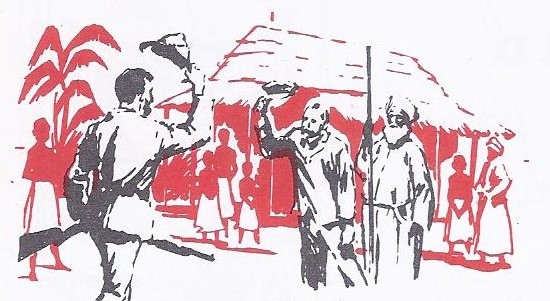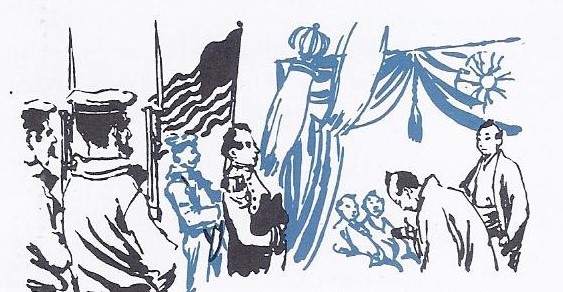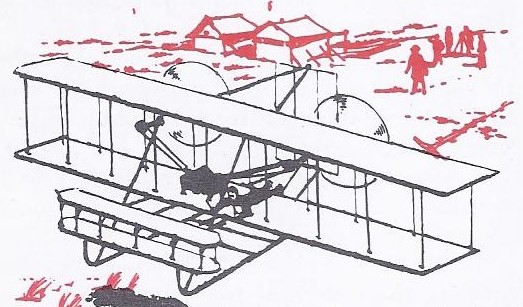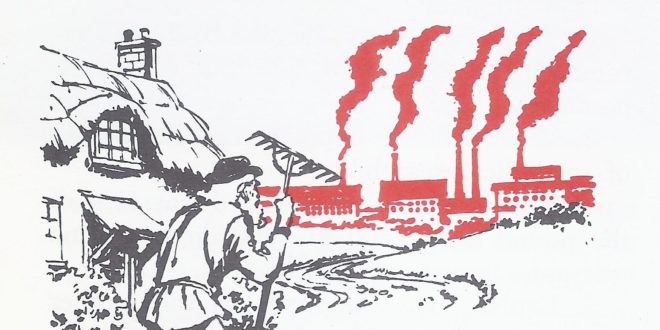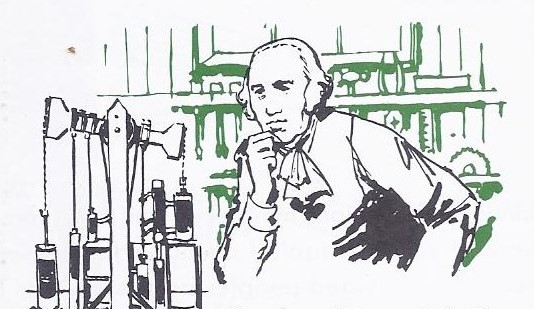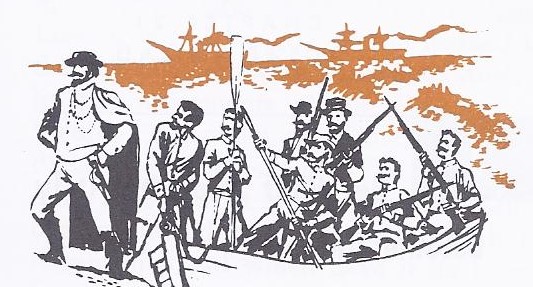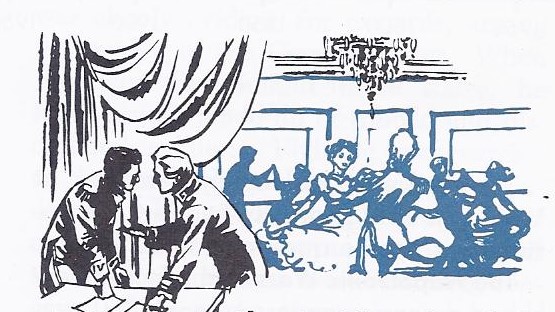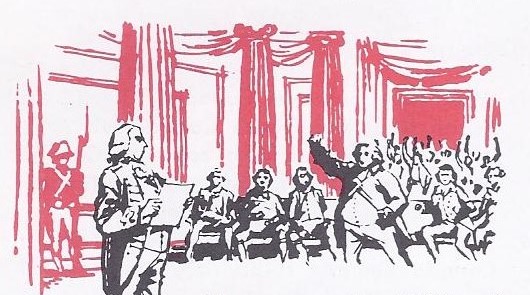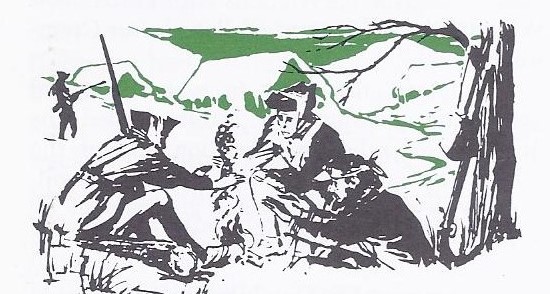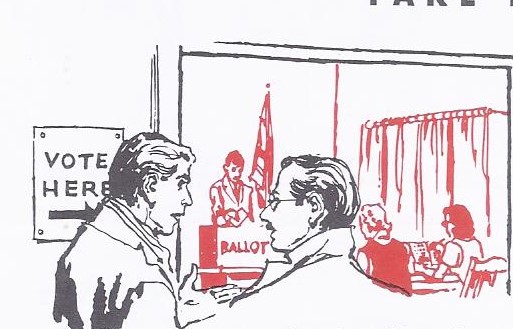In July 1858 a small fleet of American warships steamed into Tokyo Bay in Japan. The commander, Commodore Matthew C. Perry, had served during the War of 1812 and the war between the United States and Mexico (1846-1848). Perry’s voyage into Japanese waters did not mean that Japan and the United States were at war. Instead, Perry was bound on a peaceful mission, although it was expected that a show of force would help him to accomplish his purpose. For years American and European ship captains had tried to enter Japanese ports to trade and obtain supplies, but without success, for the Japanese mistrusted Western peoples and Western ways, but the Japanese were impressed by Perry’s steamships (the first they had seen) and by the big guns these vessels carried. The Americans were allowed to land and present their request that Japan begin to trade with the United States. Then Perry sailed away, giving the Japanese time to make up their minds. When he returned some months later in 1854, the Japanese rulers agreed to a treaty whereby American vessels could trade and obtain supplies in two Japanese ports. Within a few years, more generous terms were granted both to Americans and to Europeans. Perry’s voyage showed how keen was the interest of Western nations in trade with Asian countries even in the mid 1800’s. Later, as Western nations became more and more industrialized, the same scramble for trade took place in Asia and the Pacific as in Africa. Countries sought greater trading privileges, or areas which they could control, or outright colonies. There was, however, one major difference between imperialism in Africa and imperialism in much of Asia. In many parts of Africa the colonizing powers could ignore the Africans. Statesmen could sit around the table with explorers’ maps …
Read More »